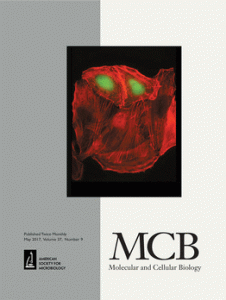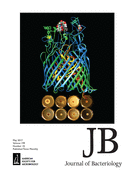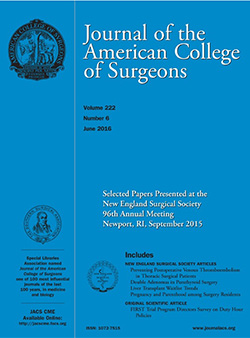 A journal has retracted a 2016 study on the use of radiation by breast cancer patients after the authors misinterpreted what was reported in a national cancer database.
A journal has retracted a 2016 study on the use of radiation by breast cancer patients after the authors misinterpreted what was reported in a national cancer database.
Correcting for the error, according to the retraction notice, had a “dramatic impact on the original article data and conclusions.”
Quyen Chu, a surgeon at Louisiana State University Health Shreveport, told us that the problem appears to stem from a misunderstanding about the US National Cancer Database (NCDB). After the paper was published, the NCDB pointed out to Chu that a key data point had not been reliably or consistently collected during the timeframe relevant to the study. The database’s user’s manual says essentially the same thing; Chu said he and his authors read it, but misunderstood it.
The original Journal of the American College of Surgeons study looked at whether a 2004 National Comprehensive Cancer Network treatment guideline — which suggested some patients could avoid radiation on top of surgery and hormone therapy — led to an actual decrease in radiation therapy. But the error forced the authors to drop tens of thousands of patients treated before 2004, which had a severe impact on their ability to draw conclusions.
Chu told us:
Continue reading “Dramatic impact:” Authors misread breast cancer treatment database, retract paper
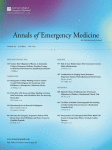 A journal has temporarily removed a paper showing the dramatic differences in the cost of providing emergency care that
A journal has temporarily removed a paper showing the dramatic differences in the cost of providing emergency care that  For the second time, a journal has quickly retracted a study that suggested vaccines raise the risk of autism and other neurodevelopmental disorders.
For the second time, a journal has quickly retracted a study that suggested vaccines raise the risk of autism and other neurodevelopmental disorders.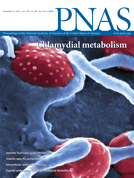 In 2012,
In 2012, 
 A diabetes researcher who once sued a publisher to prevent several retractions has just issued his 12th.
A diabetes researcher who once sued a publisher to prevent several retractions has just issued his 12th.